Polished ceramic or porcelain tile floors are extremely slippery. The smooth, impervious aspect of the tile makes it easy to maintain, making it slippery to walk on, especially in the bathroom.
But you can make it anti-slip before buying the tile. The slipperiness of floor tiles in dry and wet conditions may be determined with certainty.
A trip to work without extra tile glaze, water, and dress shoes may result in a trip to the emergency department. Tile manufacturers offer this Coefficient of Friction (COF) slip resistance grading technique.
The COF slip resistance rating allows you to choose the most suitable tile for the location. In addition to other tile benefits, the COF rating is easily accessible to retail buyers prior to purchase because it is made public for every tile sold in North America.

Slippage is a major concern with any type of flooring. Small mistakes can lead to bigger mistakes and deadly consequences.
Ceramic or porcelain tiles are usually used as flooring in bathrooms and kitchens due to their high resistance to stagnant water. However, standing water may make an apparently non-slip surface slippery.
Electricity, asbestos, and lead-based paint are examples of household elements or concerns that can be fatal. However, these are not the primary causes.
According to the National Safety Council, slips and falls are the second leading cause of accidental death in the home. Many of these waterfalls have fragile connections with the ground.
Several reasons such as frayed cables, significant obstacles, neglect and physical limitations may contribute to a person’s fall. It is also important to note that not all slip-related accidents may be related to a lack of slip-resistant flooring.
However, flooring and other flooring materials directly cause 2 million fall injuries annually, according to the National Floor Safety Institute. Instead of height, most falls occur at ground level.
Given the possibilities, keep your flooring material as slip-resistant as possible. The most effective way is to use the COF rating.
Unless you work in a lab, engineering office, or academic setting, you probably last used the term “factor” in high school math. However, understanding the coefficient with respect to hard materials and movement is essential if you are purchasing flooring for your home.
This is a coefficient that contains two numbers. Slip resistance is defined by the relationship between these two numbers. A number represents the force required to move one surface horizontally over another (such as a shoe) (such as a tile floor).

The second diagram shows the force between two surfaces. Higher levels of COF slip resistance are preferred over lower values.
Normal COF values for clean and dry items that rub against each other are between 0.3 and 0.6. The friction between two very slippery objects can be up to 0.04, where a value of zero indicates no friction. Natural stone can be smoothed and polished until it looks like glass.
Large public and commercial establishments with highly polished granite or marble floors deploy mats at the first sight of rain. At the opposite end of the gradation spectrum are clay tiles, quarry tiles, and paving bricks with high COF values.
Tile manufacturers voluntarily submit their products to unbiased testing labs that measure slip resistance. The North American Tile Council’s newest test, the DCOF AcuTest, is designed to more closely match real-world conditions than previous tests.
Tests have evolved over the years. The latter test only measures dynamic slip resistance, while the former also evaluates static slip resistance.
The force required to induce motion between two fixed surfaces is called “static resistance”. For example, a person standing on a sloping ground. Dynamic resistance is the amount of force required to maintain the motion of two moving surfaces.
A person walking on a tile after stepping on a surface is one example. Some tile manufacturers continue to offer old ratings, which can be deceptive.
The North American Tile Council specifies that ceramic tiles used for indoor spaces suitable for wet foot traffic must have a minimum wet AcuTest DCOF value of 0.42. According to one manufacturer, their tiles have a wet rating of about 0.60.
The tile continues to report the previous safety requirements as it has the previous SCOF rating. According to one manufacturer, their tiles have a wet rating of 0.42. Known as the DCOF AcuTest, this test uses an existing wet rating method.

It is not necessarily the case that wet tiles below 0.60 are dangerous. It just shows that they meet the requirements of the previous system.
In fact, neither the latest nor the most recent ratings are related to safety. They only present the facts of research studies and leave interpretation to the reader.
Polished tiles have the unique ability to reflect light throughout a room, making it appear lighter and brighter, creating a stunning aesthetic.
Due to their highly reflective surface, this is the case. In fact, polished tiles are no more and no less slippery than matte tiles, despite the fact that many people worry about them being slippery.
Whether the tiles are matte or glossy, they should be cleaned often and any spills should be cleaned up immediately. For added protection, you may want to place mats in entryways.
Polished tiles look especially beautiful in bathrooms, evoking the luxurious atmosphere of a day spa or a five-star hotel. It is difficult to equal the beauty and grandeur of a beautiful and polished surface.
Outdoor porcelain tiles are a great alternative to tiling and will last for years. However, if you want to use them near a hot spa, you may be concerned about their slip resistance.
Despite the fact that porcelain tiles are inherently very sticky and safe to walk on when wet, it’s not that simple.
The construction and quality of porcelain tiles varies to varying degrees, and some may be more suitable for your patio than others.
After choosing the porcelain slab, the texture should be considered. Porcelain slabs can be completely smooth in texture to very slip resistant.
Tile installation options include porcelain and ceramic, composite materials, plastic and rubber. Which one should you choose to avoid slipping and falling?

Even if some of these materials have advantages and disadvantages, Chinese paving stones are always a safe option. Porcelain tiles, which are not synthetic, are the most slip-resistant flooring choice.
This is due to the use of impermeable granite and very dense clay in the production process. Because water cannot easily enter the concrete substrate, it evaporates from its surface.
Most stone tiles are not affected by this. You may feel like laying down ceramic tiles and leaving them alone is enough, but outdoor patio tiles require the same maintenance as indoor flooring. Otherwise, it may be dangerous for your safety.
If you fail to maintain your outdoor slabs, dirt and moss will build up and stain your porcelain paving, increasing the risk of trips and falls.
The solution to this issue is simple. Check out our website for textured porcelain to make sure you’re getting the best possible adhesion for your money. Plus, they’re available in a wide range of colors, so you won’t have to sacrifice style.
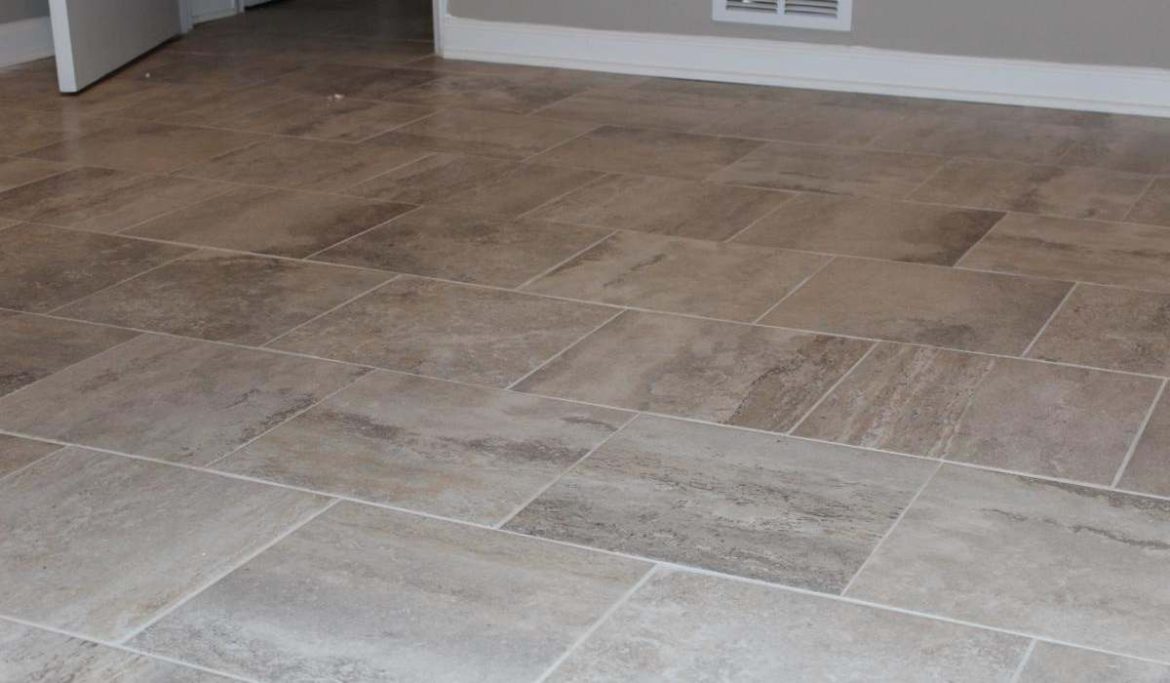
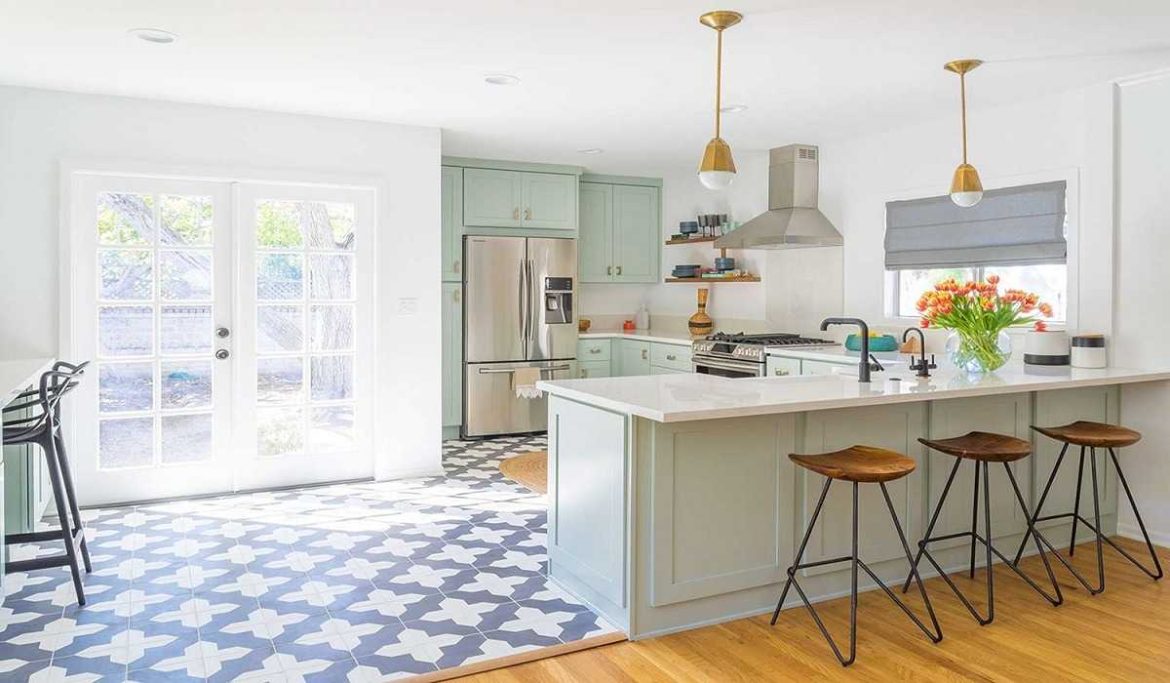
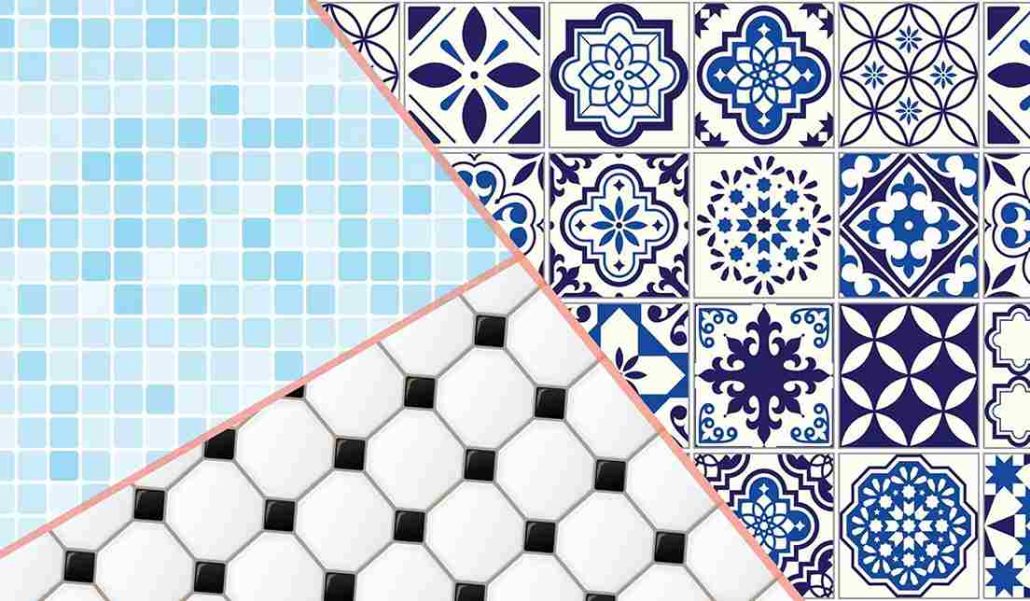
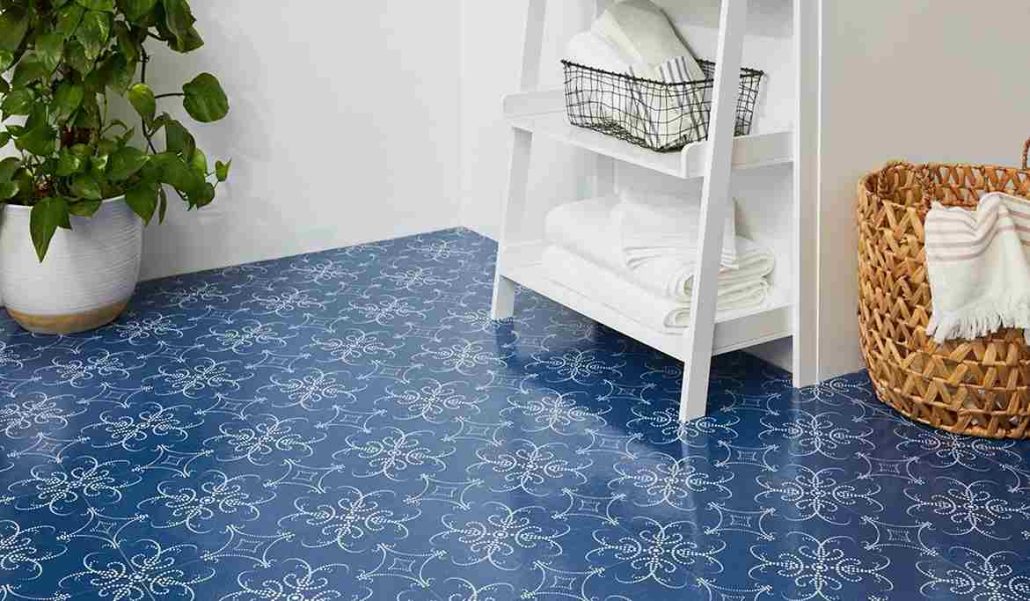
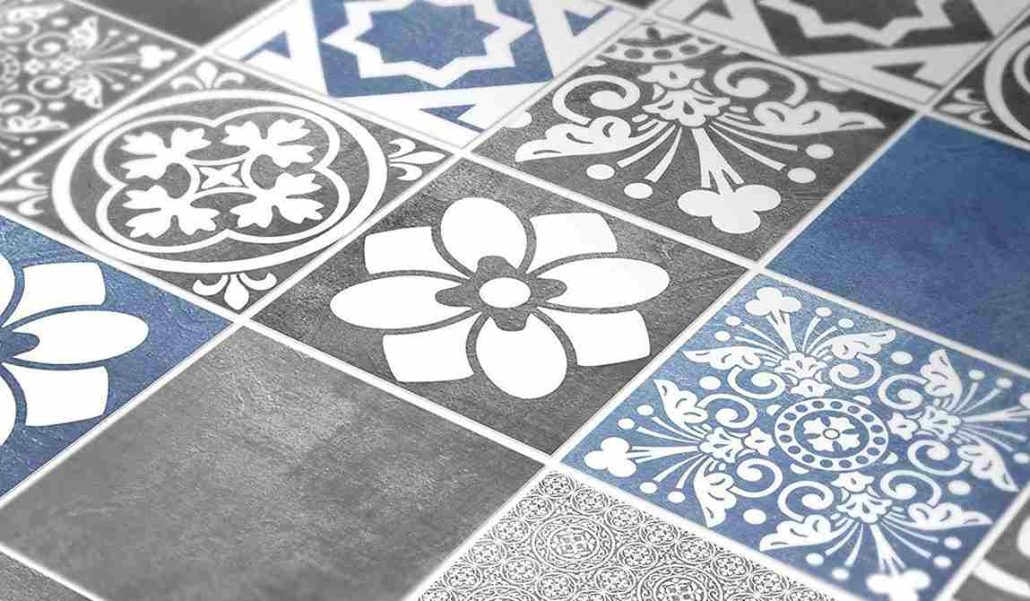
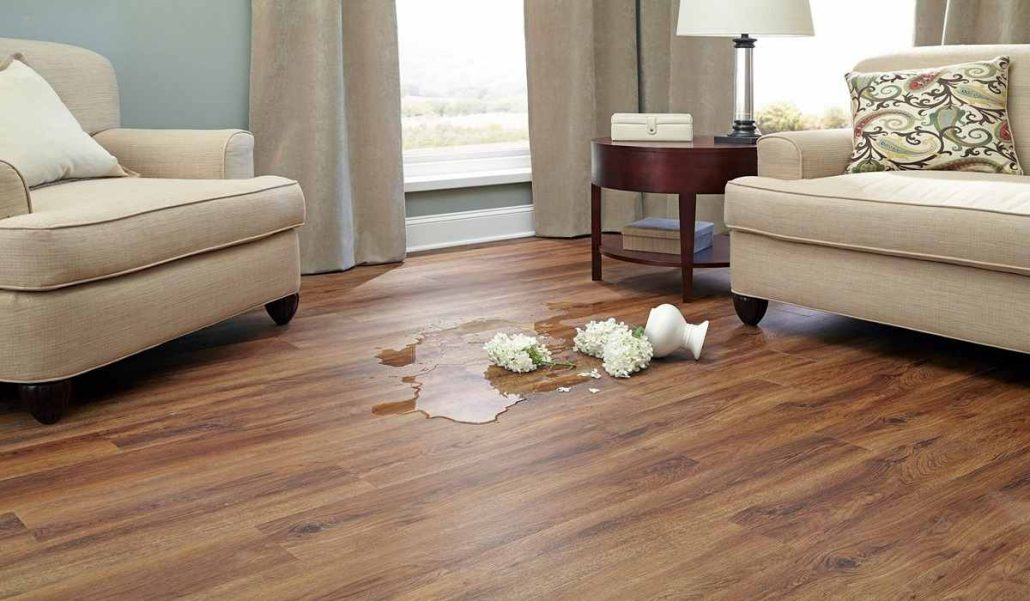
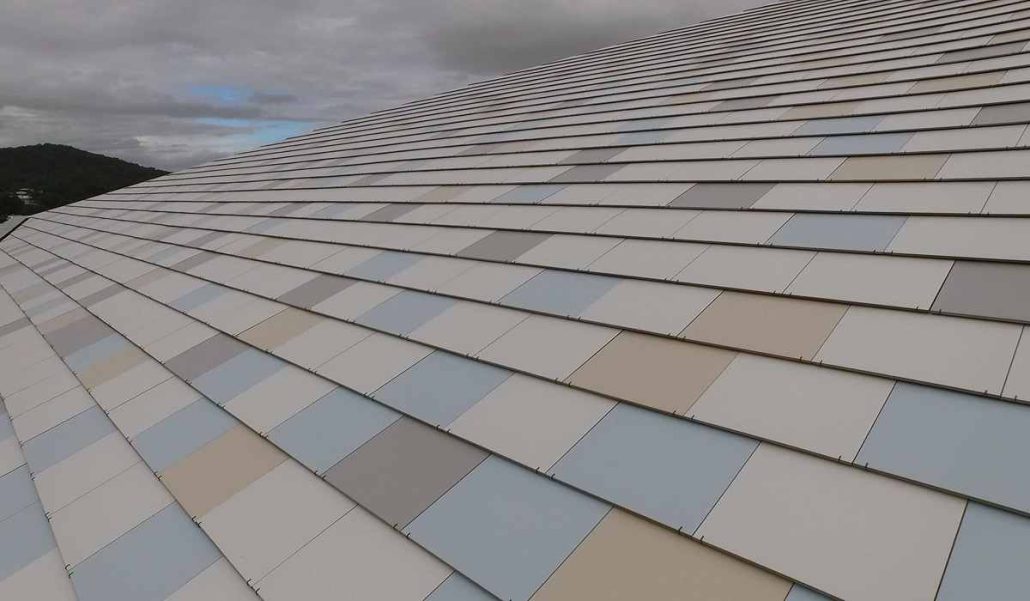
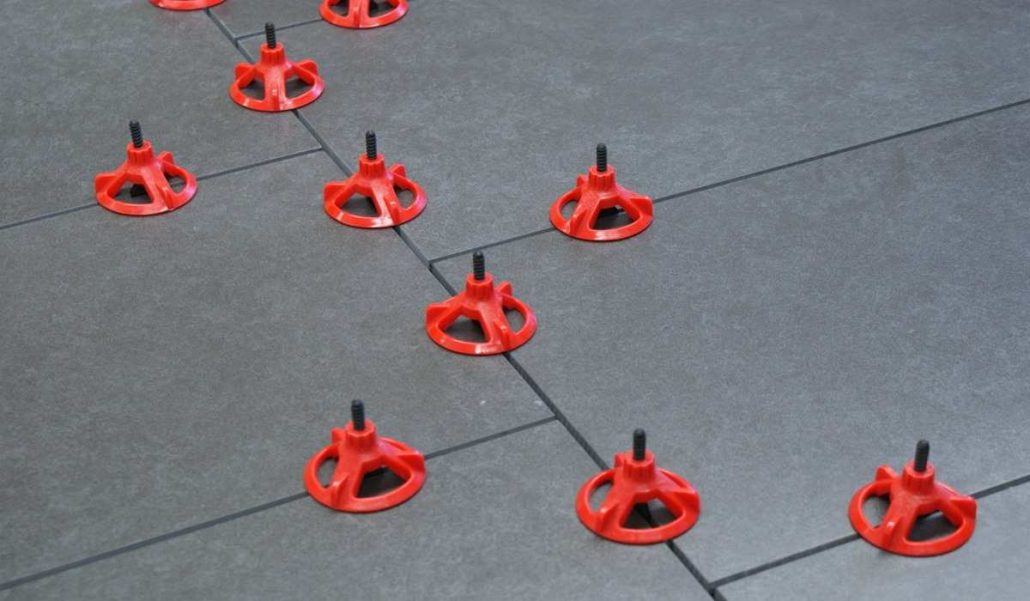
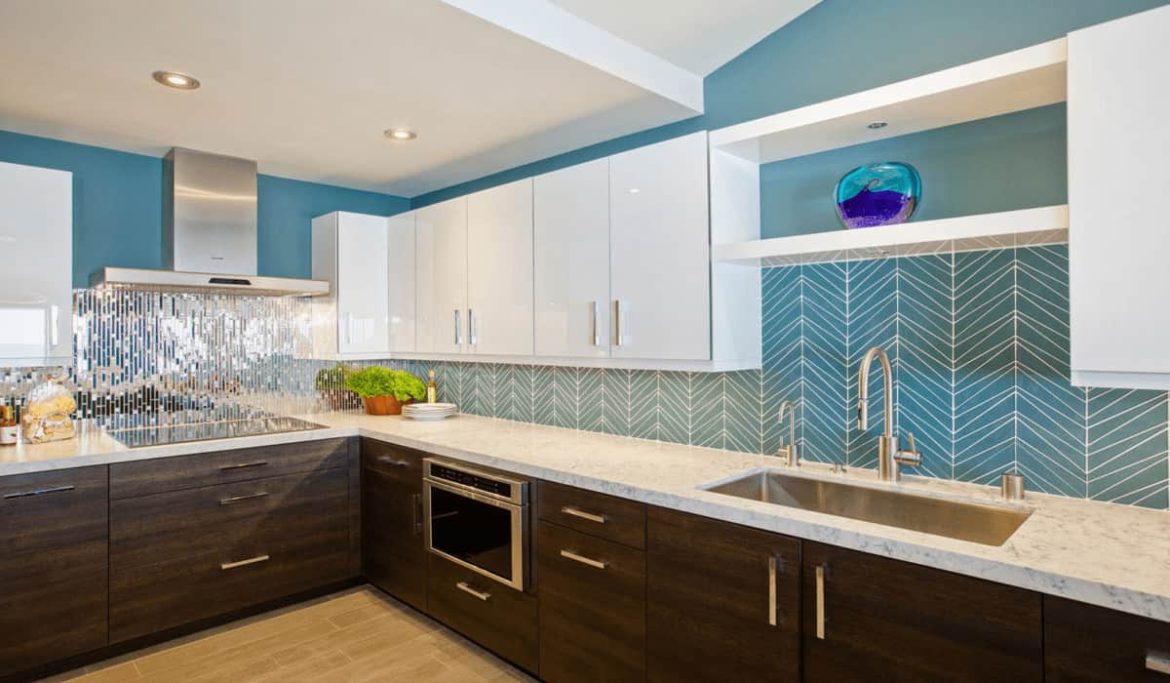
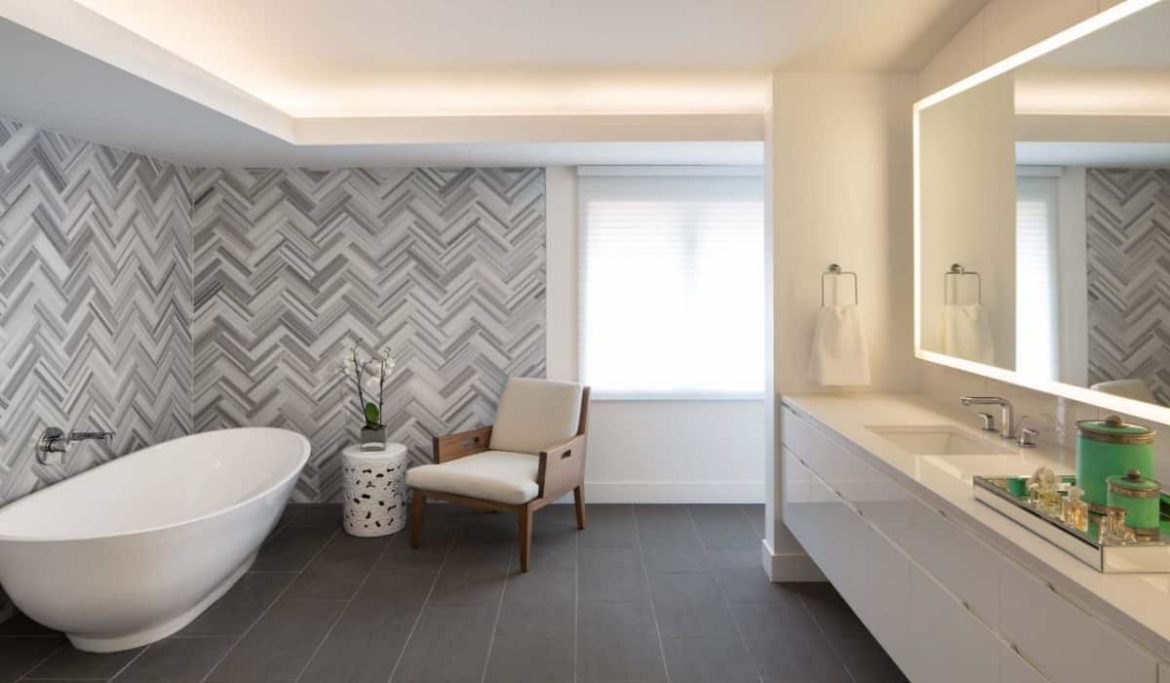
Your comment submitted.